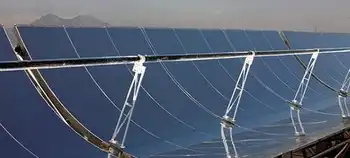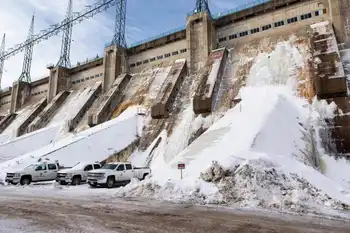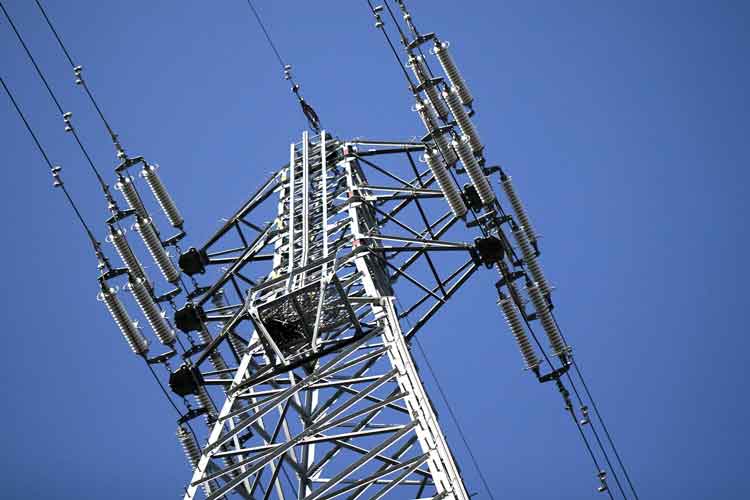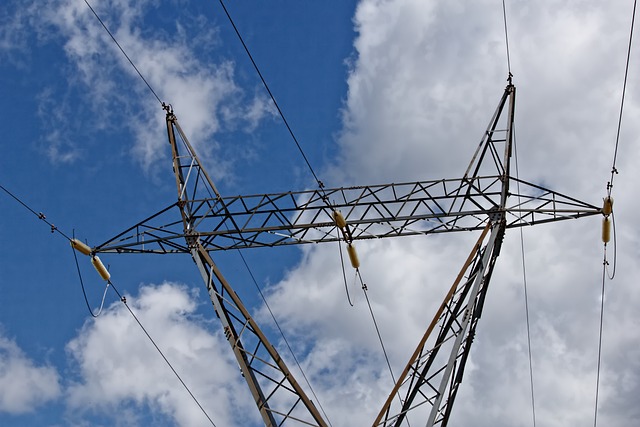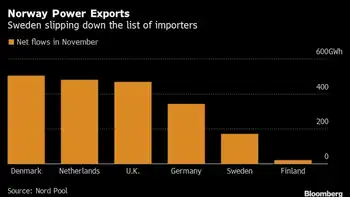Price will determine green use: GE
By Reuters
Substation Relay Protection Training
Our customized live online or in‑person group training can be delivered to your staff at your location.

- Live Online
- 12 hours Instructor-led
- Group Training Available
Bob Gilligan, GE's vice president of transmission and distribution, said the development of appliances that adjust their own energy use in response to signals from utility companies would be a key step in achieving this.
"As consumers... we speak from our heart, we express concern about the environment but we respond from our wallet," he told a conference on the future of cities at Chatham House, the London think-tank.
"If we really want to drive consumer behavior we have to have pricing mechanisms that encourage us to change."
Gilligan said investment in a smarter energy infrastructure was important in ensuring a more sustainable future.
Last year the British government said smart meters, which provide real-time information to consumers about energy use, would be installed in all British homes by 2020.
Smart meters are seen as the first step toward creating "smart grids," where consumers can adjust electricity use to benefit from cheaper energy at times of low demand and reduce consumption at peak times.
GE are working to develop household appliances which would go one step further and adjust their own usage, Gilligan said.
Refrigerators, for example, could reduce their energy use by about 25 percent during times of peak demand though changes such as adjusting the timing of their automatic defrost.
"We are developing devices for the home that will take a pricing signal, that will go into an eco mode and help the consumer save money when electric costs are at the peak."
The right regulatory framework would also need to be established to encourage utility companies to want to reduce demand, he added, decoupling the incentive to deliver more from the incentive to be efficient.





